| Modern Date : March 1st | Market Day | |
| Modern Date : March 1st | Market Day | |
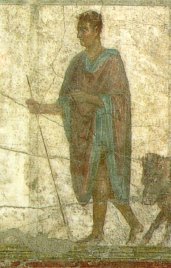 |
|
| Modern Date : March 2nd | Market Day | |
 The month of March belongs to the warlike Mars, the deity who personifies the protection of the state and the productivity of the community. |
|
| Market Day | |
 |
|
| Modern Date : March 4th | Market Day | |
|
|
| Modern Date : March 5th | Market Day | |
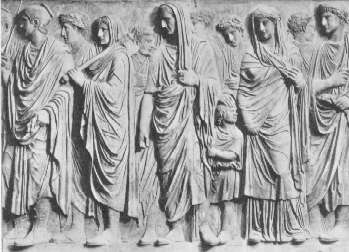
|
|
|
| Modern Date : March 6th | Market Day | |
|

| |
| Modern Date : March 7th | Market Day | |
|
|

| |
| Modern Date : March 8th | Market Day | |
|
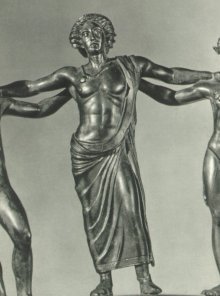
|
|
| Modern Date : March 9th | Market Day | |
|

| |
| Modern Date : March 10th | Market Day | |
|

| |
| Modern Date : March 11th | Market Day | |
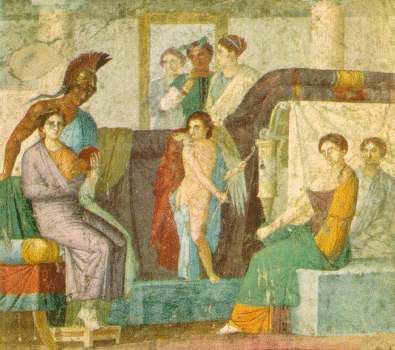
|
|
| |
|
|
| |
| Modern Date : March 12th | Market Day | |
|
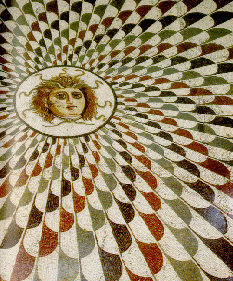
| |
| Modern Date : March 13th | Market Day | |
|

| |
| Modern Date : March 14th | Market Day | |
|
|

| |
| Modern Date : March 15th | Market Day | |
|
 |

| |
| Modern Date : March 16th | Market Day | |
|
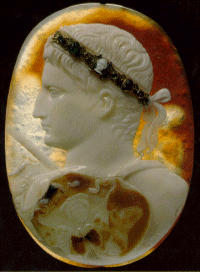
| |
| Modern Date : March 17th | Market Day | |
|
 |

| |
| Modern Date : March 18th | Market Day | |
|

| |
| Modern Date : March 19th | Market Day | |
|
 |

| |
| Modern Date : March 20th | Market Day | |
|

| |
| Modern Date : March 21st | Market Day | |
|

| |
| Modern Date : March 22nd | Market Day | |
|
 |

| |
| Modern Date : March 23rd | Market Day | |
|
 |

| |
| Modern Date : March 24th | Market Day | |
|
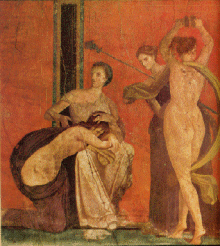
|
| Modern Date : March 25th | Market Day | |
|

|
| Modern Date : March 26th | Market Day | |
|

| |
| Modern Date : March 27th | Market Day | |
|

| |
| Modern Date : March 28th | Market Day | |
|
 | |
| Modern Date : March 29th | Market Day | |
|

| |
| Modern Date : March 30th | Market Day | |
|
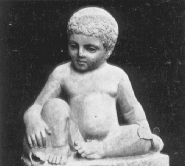
| |
| Modern Date : March 31st | Market Day | |
|

| |